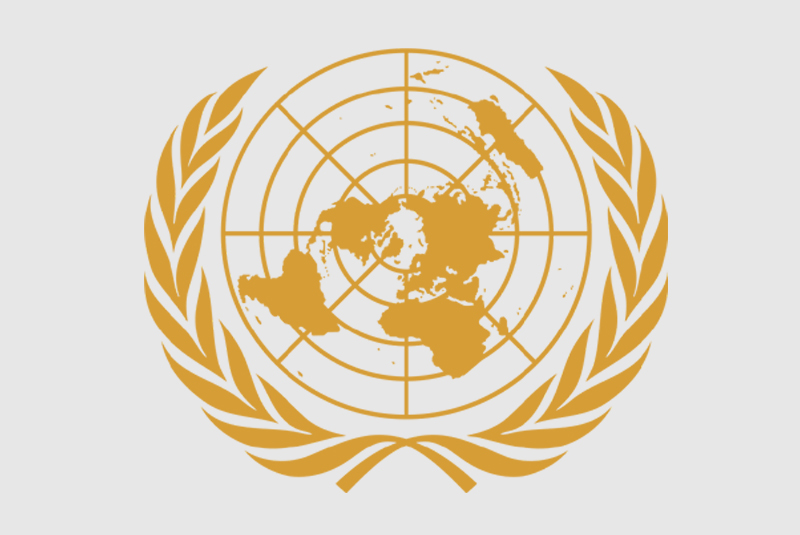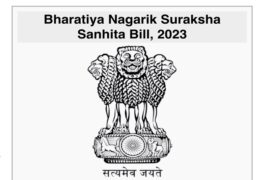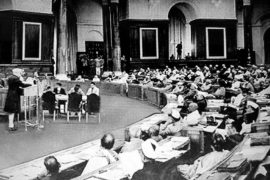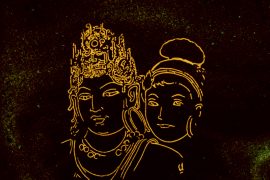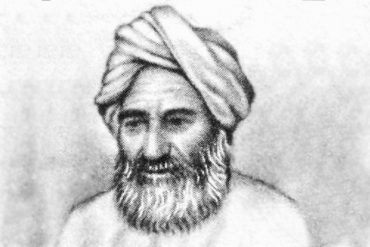On June 17, 2020, in an understated but significant election, the United Nations Security Council (UNSC) will elect five non-permanent members. The elections, to be held virtually due to COVID-19, will see 193 member states of the UN cast their votes for five new members.
This election, which takes place under a secret ballot, chooses five new non-permanent members for a two-year term to the UNSC. To win, a member state must obtain at least two-thirds majority of the votes cast. The ten non-permanent seats are divided among five regions – Asia, Africa, Eastern Europe (EE) Latin America and Caribbean (LAC) and Western Europe and Others Group (WEOG). All have two seats each, but Africa has three and EE one.
The Asian group has already endorsed India. Similarly, the Latin American group has endorsed Mexico. Kenya and Djibouti are contesting the single African seat, while the two seats for WEOG will see a three-way contest between Canada, Ireland and Norway.
India is likely to return to the UNSC for its 8th term, after its last term in 2011-12. It has been elected as a non-permanent member of the Council in 1950-1951, 1967-1968, 1972-1973, 1977-1978, 1984-1985, & 1991-1992.
In its first term, India, which was just declared a Republic, was in the heyday of Afro-Asian solidarity. In its second term, 1967-68, India experienced a debilitating drought and economic weakness. It was a tumultuous year, with the Arab Israel war and the lack of a NAM Summit.
In the third term, 1977-78, the Indira Gandhi government lost the elections, and the Janata party came to power. In the fourth term, 1984-85, Indira Gandhi was assassinated, and Rajiv Gandhi was anointed as India’s new Prime Minister. In 1991-92, India had introduced economic reforms and had come to be recognised as a new power.
However, in 1996, India faced a bruising loss to Japan for the Asian sea. Since then, it was out of the UNSC for over two decades – until 2011. Now, with the Asian group’s endorsement, India is likely to return to the Security Council after 9 nine years.
For India, the real battle was fought last year when the Asian group had to decide its candidate. Indian diplomats secured the unanimous approval of all countries in the Asian group – including Pakistan and China – by working out avenues that could forestall unresolved challenges.
Given the divergence between India, Pakistan and China on issues raised (and prevented) at the UNSC, obtaining unanimity of approval in such circumstances is indeed a credible achievement. Without such an endorsement, India would have had to campaign hard among all 193 countries.
Most Asian countries plan a rotation of their participation in the UNSC, years in advance. They also discuss it with other countries and announce, to the Asian Group, their intention to return to Council years ahead. This prevents clashes between countries like India and Pakistan, South Korea and Japan.
Within the Asian group, seats are not reserved for any particular country or regional block. In the recent past, ASEAN tried for one seat but did not succeed. However, currently, two ASEAN countries – Vietnam and Indonesia – hold the two Asian seats.
These plans could go awry if “smaller” countries ruin the unanimity by jumping into the fray in a less planned manner. In the recent past, other Asian countries – the Maldives (lost in 2018), Bhutan (lost in 2012) and Nepal (last elected in 1988) – also sought their place in the Council. It is unclear how the Maldives gained by contesting against Indonesia two years ago.
The recent visits by India’s External Affairs Minister to Niger and Tunisia, donation of medicines to countries like the Dominican Republic and more interaction with Estonia are due to their membership of the UNSC.
India is likely to join the UNSC, whereas Indonesia, South Africa, Germany and Belgium are leaving. Other members of the UNSC – Vietnam, Tunisia, Niger, St Vincent & Grenadines and Estonia – will continue for another year.
What will India face at the UNSC in the next two years?
The UNSC has failed in it’s response to the COVID-19 pandemic. As a member, India will face the challenge of persuading other nations about the relevance of the Security Council in fighting such global pandemics.
India will have to deal with issues – which Pakistan and China either avoid or raise – pertaining to India’s concerns on sovereignty. It’s an opportunity as this time India will be inside the room to speak for itself. India will also have to deal with issues pertaining to changes in the rules of the United Nations Peace Keeping Operations (UNPKO) and non-payment of dues by many members.
India will also have to play a crucial role in the United Nations Peace Building Commission; Lebanon, Syria, the Sahel; Libya; Sudan; Somalia, Central African Republic, Iran, Afghanistan will be consistently on the agenda.
The reform of the UN system is yet to start. Nontraditional challenges – especially terrorism and climate change – are significant threats. However, they are not being dealt with robustly. During this period, India will also hold the Chairmanship of the G20 in 2022, which, incidentally, will be the 75th anniversary of Indian independence. Therefore, India’s term at the UNSC could be unique and momentous.
Being a member of the UNSC also enhances the country’s prestige. When the debate for expanding the UNSC took place, several African countries, woke up to the idea of being in the UN Security Council. India too needs to be seen in the Council with greater regularity. Moreover, India could nudge the stalled process of UN reforms – including the expansion of permanent seats in the UNSC.
However, on the other side, being in the UNSC forces a country to take a position on issues which it may not usually have done to avoid upsetting friendly countries. But as a member of the UNSC, India will have to take tough decisions without shirking responsibility.
The lack of harmony among the P5 countries is slowly and surely eroding the pillars upon which the UN stands. The objective of the P5 is to come together, decide what is feasible and guide the UNSC and the UN Secretary-General.
The rivalry between the world’s leading powers – now, between the USA and China – is leading to severe paralysis. Earlier, too, the rivalry between Europe and Russia created multiple fault lines between the permanent members of the UNSC, preventing consensus on most issues.
Outlining the country’s priorities, India’s External Affairs Minister advocated dialogue, consultation and fairness in our approach to global issues. He emphasised the importance of global development, poverty eradication and climate change as central to the planet’s future. The 5S approach – Samman (Respect), Samvad (Dialogue), Sahyog (Co-operation), and Shanti (Peace), to create conditions for universal Samriddhi (Prosperity) – will guide the Indian term.
As India prepares to take its role in the UNSC, it must endeavour to focus on new opportunities for progress. It must play a key role in responding to international terrorism and push for reforming the multilateral system. It needs to take a comprehensive approach to international peace and security and promote technology with a human touch as a driver of solutions.
Despite complexities and confusion, India will undoubtedly make a deft mark on the global stage.
-30-
Copyright©Madras Courier, All Rights Reserved. You may share using our article tools. Please don't cut articles from madrascourier.com and redistribute by email, post to the web, mobile phone or social media.Please send in your feed back and comments to editor@madrascourier.com

